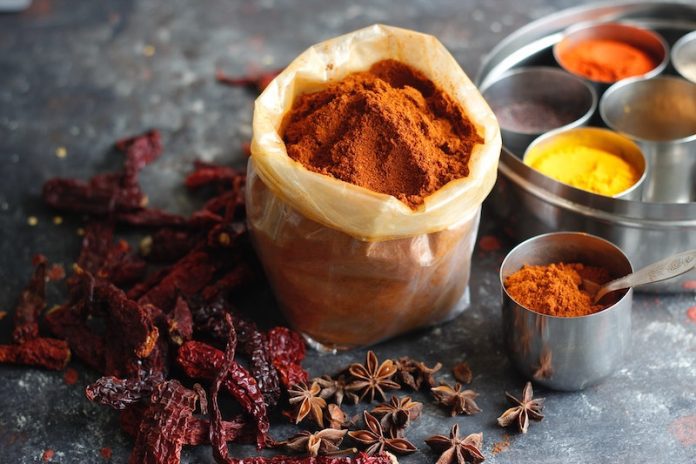
Turmeric is an Indian spice that is widely used in many Asian countries. The active ingredient in turmeric is called curcumin, which is known for its anti-inflammatory, anticarcinogenic, and antitumor activities.
Vitamin D is a fat-soluble vitamin that not only helps our bodies absorb and retain calcium and phosphorus for strong bones but also reduces cancer cell growth, helps control infections, and reduces inflammation.
Scientists from Urmia University of Medical Sciences have found that curcumin from turmeric and vitamin D could improve blood pressure in people with type 2 diabetes.
The Experiment
In the study, 80 people with type 2 diabetes were divided into four groups.
Over 12 weeks, one group received 500 mg/day of curcuminoids, another received 50,000 IU/week of vitamin D3, the third group received both curcuminoids and vitamin D3, and the last group received placebos.
The researchers measured the blood pressure of the participants before and after the 12-week period.
The Findings
Results showed that vitamin D reduced both systolic and diastolic blood pressure, which are the two numbers you usually see in a blood pressure reading.
Systolic pressure refers to the pressure in your arteries when your heart beats, and diastolic pressure is the pressure in your arteries when your heart rests between beats.
On the other hand, curcuminoids significantly reduced diastolic blood pressure but did not have the same effect on systolic blood pressure.
Instead, curcuminoids seemed to counteract the effect of vitamin D on reducing systolic blood pressure.
However, the combination of vitamin D and curcuminoids had a positive effect on reducing diastolic blood pressure.
What Does It Mean?
This study suggests that curcuminoids and vitamin D could have beneficial effects on blood pressure, especially for people with type 2 diabetes.
But the researchers are curious why curcuminoids and vitamin D have different effects on systolic and diastolic blood pressure. Future research will delve into this question.
Foods that are high in curcuminoids include turmeric, mango ginger, curry powder, and curry dishes, while vitamin D can be found in foods like salmon, herrings, sardines, cod liver oil, canned tuna, egg yolks, mushrooms, and fortified foods.
The research was done by a team led by Shirin Ebrahimkhani and was published in Clinical Nutrition ESPEN.
If you care about high blood pressure, please read studies about potatoes and high blood pressure, and the top 10 choices for a blood pressure-friendly diet
For more information about high blood pressure, please see recent studies about the impact of vitamins on high blood pressure you need to know, and the powerful link between high blood pressure and a potassium-rich diet.
Copyright © 2023 Scientific Diet. All rights reserved.





